Having knee pain hinders your mobility, restricting you from doing daily activities and work. In this article, we show you things to take note of when having knee pain.
When you visit your doctor for your knee pain, the first thing the doctor will do in the physical exam are the following:
· The doctor will check your knee if there are swelling, tenderness, warmth, pain, and bruises.
· The doctor will ask you to move your leg in different directions for him/her to see how far you can move your leg.
· The doctor will push or pull the joints in your knee to know the integrity of the structures in your knee.
There will be also imaging tests that will be done to examine your knee. Here are some imaging tests that your doctor might ask you to do:
The first imaging test is the X-ray, this will be the first imaging test. This will help your doctor detect possible bone fractures and degenerative joint disease in your knee.
The next imaging test could be a Computerised Tomography or CT scan.
CT scans also help in identifying small fractures and bone problems, and there is a special kind of CT scan that can accurately find gout even if the joint is not inflamed.
What is an ultrasound?
The third imaging test commonly used is ultrasound, unlike the other two imaging tests, ultrasound uses sound waves. It helps produce real-time images of the soft tissue structures in and around your knee.
When conducting the ultrasound, your medical professional will ask you to move your knee into different positions for him/her to identify the possible specific problems in your knee.
Magnetic Resonance Imaging
The last imaging test that your doctor might ask you to have is Magnetic Resonance Imaging or also known as MRI. MRI uses radio waves and a magnet to produce 3D images of the inside of your knee.
This imaging test is specifically done and useful for finding out injuries in the soft tissues like the tendons, ligaments, cartilage, and muscles.
If there’s an infection or inflammation present in your knee, your doctor will ask you to have blood tests or a specific test called arthrocentesis. In arthrocentesis, a small amount of fluid will be extracted in your knee joint using a needle and will be sent to a laboratory for analysis.
Treatment for knee pain
The treatment for knee pain varies depending on what caused your knee pain.
First are medications, when having a knee injury or knee pain, your doctor may prescribe medications that may help relieve the pain. It can also reduce inflammations if they are present.
Certain medications for your knee may also help in conditions that cause your knee pain like rheumatoid, arthritis, or gout.
Therapy
The second treatment will be therapy. Having strong muscles around your knee will make it more stable and stronger. Doctors often suggest patients do physical therapies or other different types of exercises that will help strengthen their knees.
If you are a physically active person or you are in the field of sports, you will be needing exercises that correct movement patterns that may be affecting your knees and causing pain.
Exercises that improve your flexibility and balance are also important in strengthening the knees.
Injected Medicines
The third treatment is injections. There are some cases that your GP will suggest the use of injecting medications that will be injected directly into your joint. Some of these medications are:
· Corticosteroids: When injected directly into your knee joint can help in reducing the symptoms of arthritis and provides pain relief that can last for a few months.
· Hyaluronic acid: Hyaluronic acid is a thick fluid that resembles the fluid that lubricates the joints naturally. It can be injected into your knee joint directly to ease up the pain and improve knee mobility.
· Platelet-rich plasma or (PRP): Platelet-rich plasma or PRP is a concentrated substance that helps reduce inflammation and helps heal the knee joints from any injury. Some studies show platelet-rich plasma benefits certain individuals with osteoarthritis.
Chiropractic Therapy
For people who have persistent knee problems, chiropractic therapy is a very beneficial alternative. Just be sure that you are getting the treatment from a trusted chiropractic clinic.
Falcon Health is an establish clinic based in Burgess Hill and Haywards Heath. We always aim to provide safe and effective treatments for patients.






